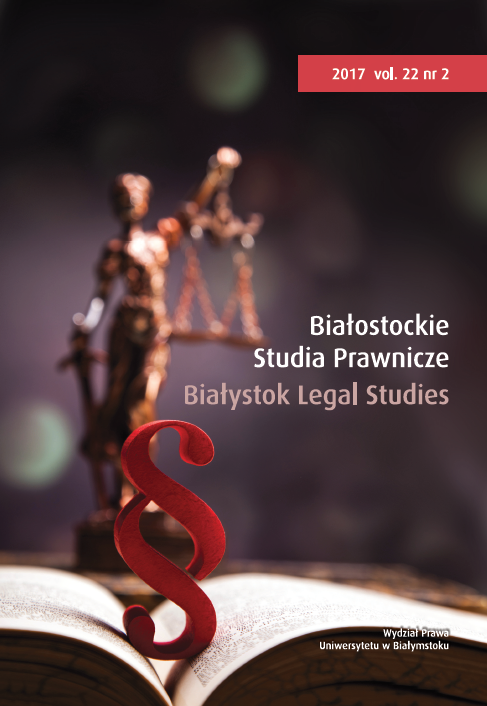Zgoda na pobranie komórek, tkanek i narządów ex mortuo w amerykańskim systemie transplantacyjnym
Consent to deceased donation in the American transplant system
Author(s): Magda Olesiuk-OkomskaSubject(s): Health and medicine and law
Published by: Temida 2
Keywords: transplantation; donation; deceased donor;
Summary/Abstract: According to data, deceased and living donor rates cannot keep pace with the growing need for replacement organs in the United States. In three decades, the national waiting list has grown 8-fold. It is estimated that every 10 minutes another name is added to the national transplant waiting list. Approximately 22 people die every day waiting for a transplant. Most organs for transplants are recovered from deceased donors. The United States uses the “donation model”, a consent model for deceased organ recovery that prioritizes the rights of the individual (or surrogate decision maker) over the needs of society, by requiring authorization or explicit consent prior to deceased organ recovery. Some transplant community members have advocated for shifting the current donation model of deceased donor organ recovery to a model that permits deceased organ recovery without explicit consent or authorization, in order to increase the number of organs available for transplant. This article aims at answering the question of whether shifting to such model in the United States could solve systemic problems, organs shortage in particular, and would be ethically justified. The paper describes models of deceased organ recovery and presents the model currently used by the United States. It presents, from an American perspective, an analysis of the model of deceased organ recovery without explicit consent or authorization, as well as proposes alternative opportunities to increase deceased organ supply.
Journal: Białostockie Studia Prawnicze
- Issue Year: 22/2017
- Issue No: 2
- Page Range: 69-83
- Page Count: 15
- Language: Polish

